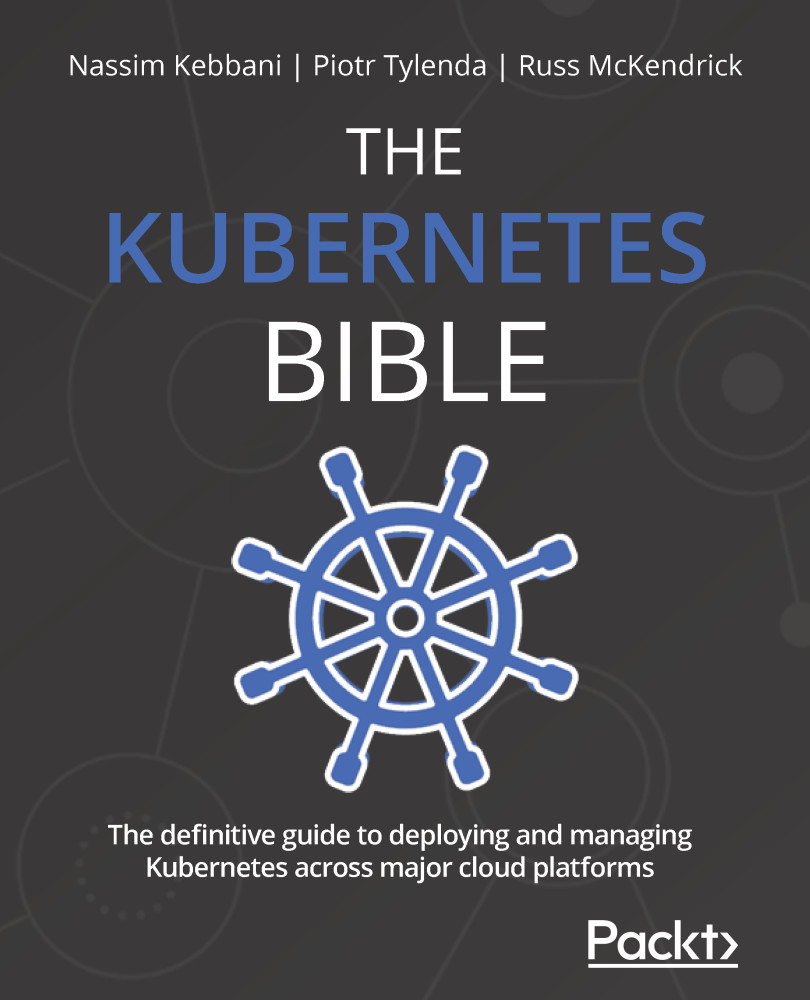More about cluster nodes
At the end of the previous section, I mentioned availability zones and regions. Before we discuss some of the cluster deployment options, we should get a bit of a better understanding of what we mean by availability zones and regions:
- Region: A region is made up of zones. Zones have great low-latency network connectivity to other zones within the same region. This gives you a way of deploying highly available always-on fault-tolerant workloads.
- Availablity zone: Think of availability zones as separate data centers within a region. The zones have diverse networks and power, meaning that, should a single zone have an issue and you are running your workload across multiple zones, then your workload shouldn't be impacted.
The one thing to note with zones is that you might find that not all machine types are available across all zones within a region. Therefore, please check before attempting to deploy your workload.
Google best practice recommends...

































































